Russia's Eurovision secret is out: voters backed Conchita
Judges in Russia, Armenia and Belarus marked her down - but it turns out the public are more tolerant
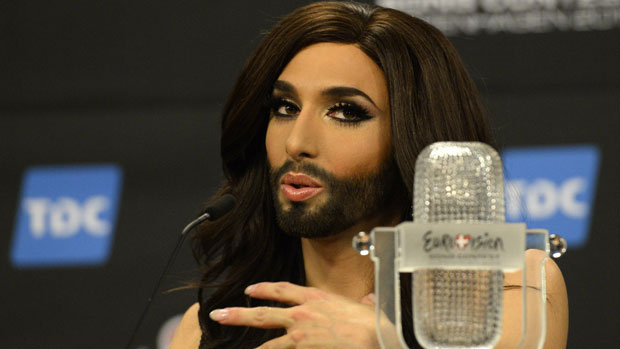
In a slinky dress, heavy eye make-up and a luxuriant black beard, Austrian diva Conchita Wurst claimed the Eurovision trophy on Saturday night. The singer, real name Tom Neuwirth, dedicated her win to “peace and freedom” after facing abuse and official disapproval over recent months.
Wurst was always a favourite to win. What’s more unexpected is that the citizens of Russia, Armenia and Belarus - three nations which the BBC said all objected to Wurst’s ambiguous presence in the song competition - used their telephone votes to send a message of tolerance.
Ahead of the competition, The Independent reported a petition of 15,000 Russians demanding their state TV broadcaster drop the “hotbed of sodomy” from its schedule because of Wurst’s participation. Armenia’s contestant, Aram MP3, said Wurst’s lifestyle was “not natural” and she should “decide whether she is a woman or a man” (he later said it had been “a joke”).
Subscribe to The Week
Escape your echo chamber. Get the facts behind the news, plus analysis from multiple perspectives.

Sign up for The Week's Free Newsletters
From our morning news briefing to a weekly Good News Newsletter, get the best of The Week delivered directly to your inbox.
From our morning news briefing to a weekly Good News Newsletter, get the best of The Week delivered directly to your inbox.
The Guardian reported that the Russian politician who inspired the country’s repressive anti-gay laws, Vitaly Milonov, wrote to Russia’s Eurovision committee asking it to boycott the event because it was a “Sodom show” and a “Europe-wide gay parade”.
In short, Wurst faced a “transphobic backlash” from “conservative protesters in Russia, Armenia and Belarus” as the BBC put it.
On Saturday night, the scoring seemed to support this. Armenia and Belarus gave Conchita's torch song ‘nul points’ - while Russia allowed her a grudging five (12 is the maximum). So far, so predictable.
But much more interesting is how the public of those three nations voted.
As well as its own panel of five expert judges, each of the 37 participating nations runs a public telephone vote - the two results are then averaged. This year, for the first time, a breakdown of how the public and the judges voted has been released.
The figures show the Armenian public decided Wurst was their second favourite contestant out of the 25, while Russians ranked her third - and Belarus gave her a respectable fourth place. It was only after the carefully chosen judging panels had their say that Wurst’s ranking plummeted in all three nations.
So does Conchita Wurst’s win mark a backlash to the backlash, showing that the regime voices raised against her were out of step with a tolerant majority?
Possibly - but, of course, Eurovision watchers are a specialised bunch, who may well be predisposed to like Wurst. As Wurst herself said about about the controversy: “Eighty per cent of the autograph requests that I get are from Russia and eastern Europe.”
While the contest as a whole remains ineluctably silly, Wurst has become a serious figure of hope for at least some people living under the shadow of officially-sanctioned intolerance.
Sign up for Today's Best Articles in your inbox
A free daily email with the biggest news stories of the day – and the best features from TheWeek.com
-
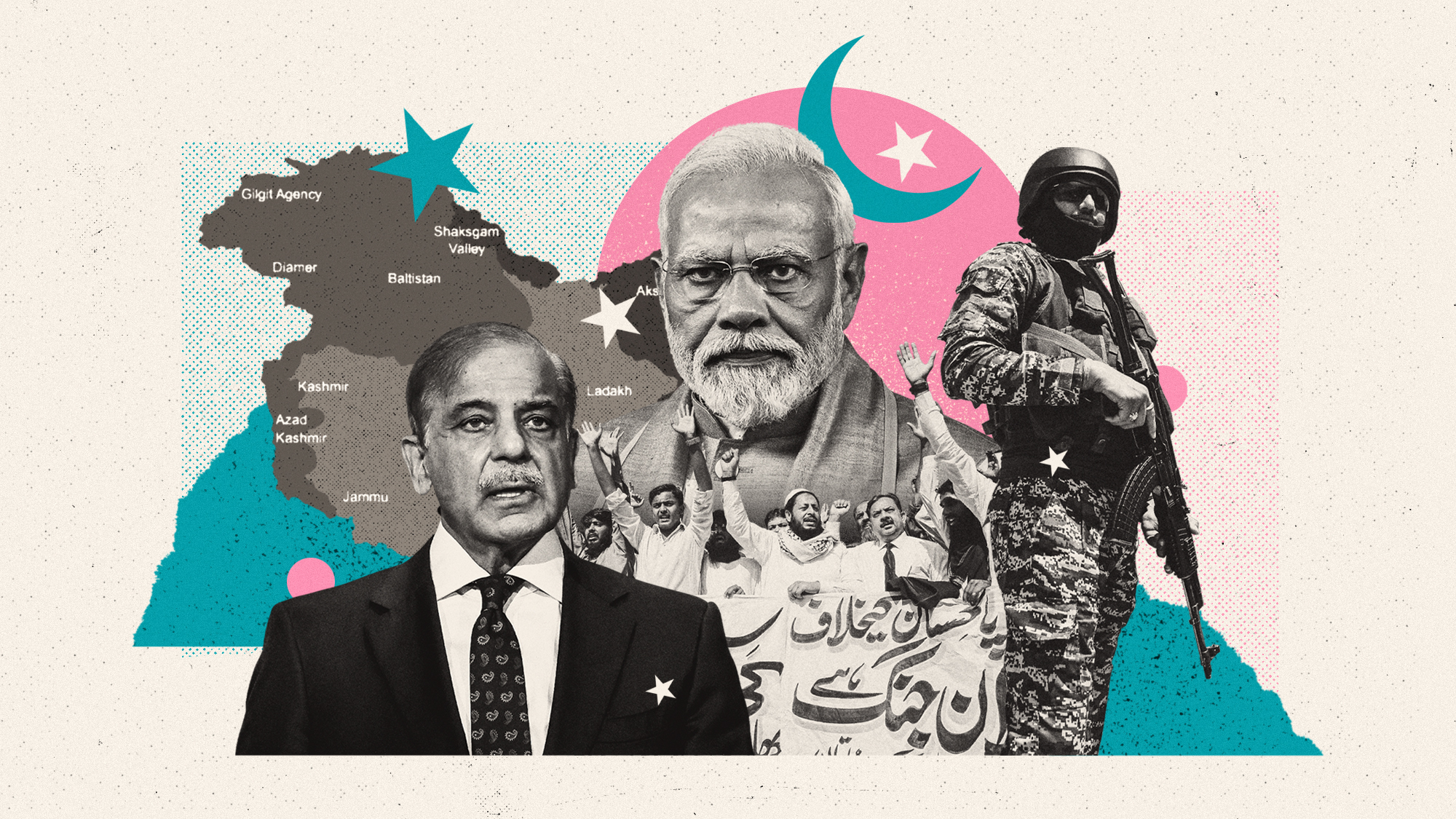 What happens if tensions between India and Pakistan boil over?
What happens if tensions between India and Pakistan boil over?TODAY'S BIG QUESTION As the two nuclear-armed neighbors rattle their sabers in the wake of a terrorist attack on the contested Kashmir region, experts worry that the worst might be yet to come
-
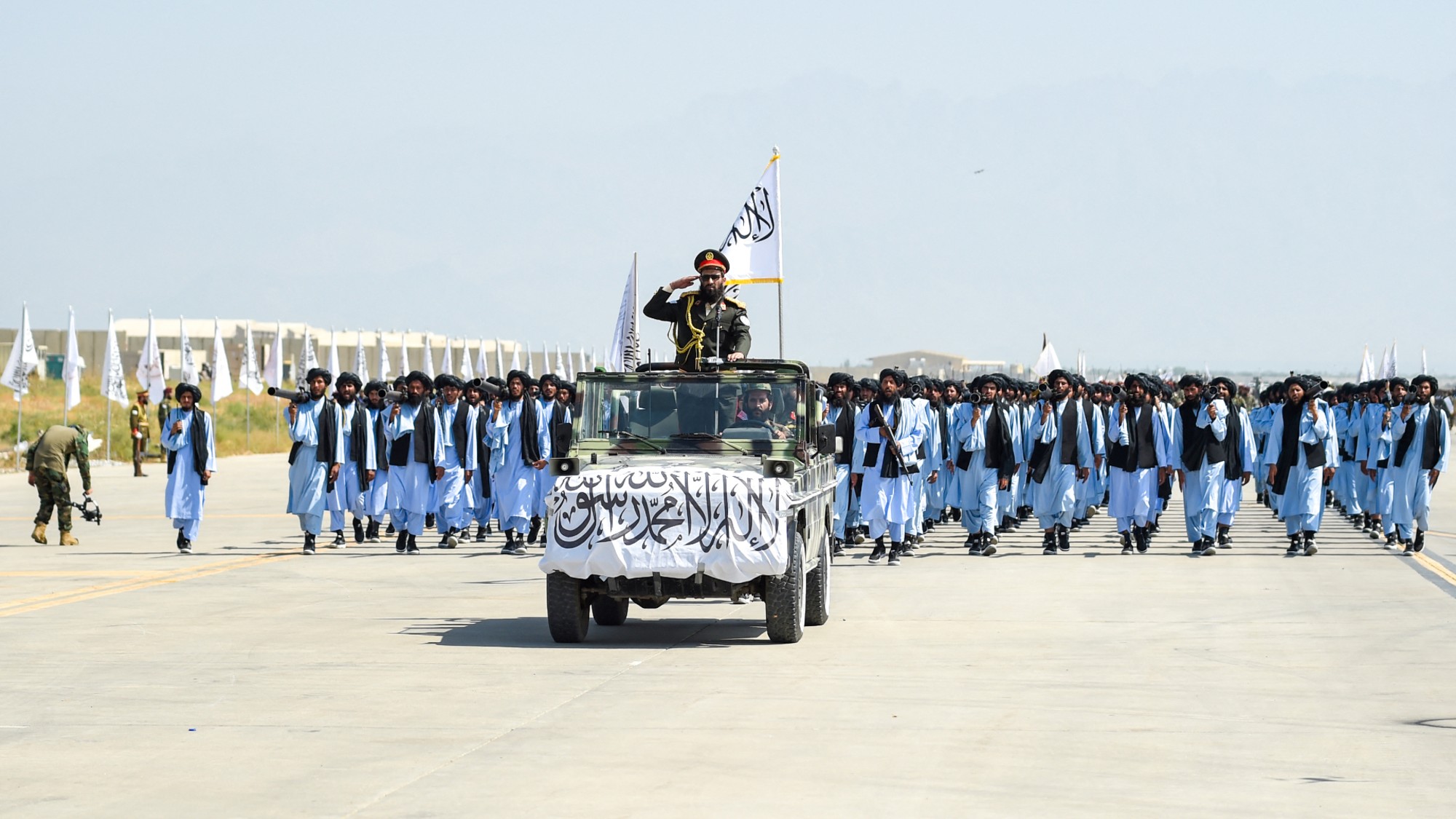 Why Russia removed the Taliban's terrorist designation
Why Russia removed the Taliban's terrorist designationThe Explainer Russia had designated the Taliban as a terrorist group over 20 years ago
-
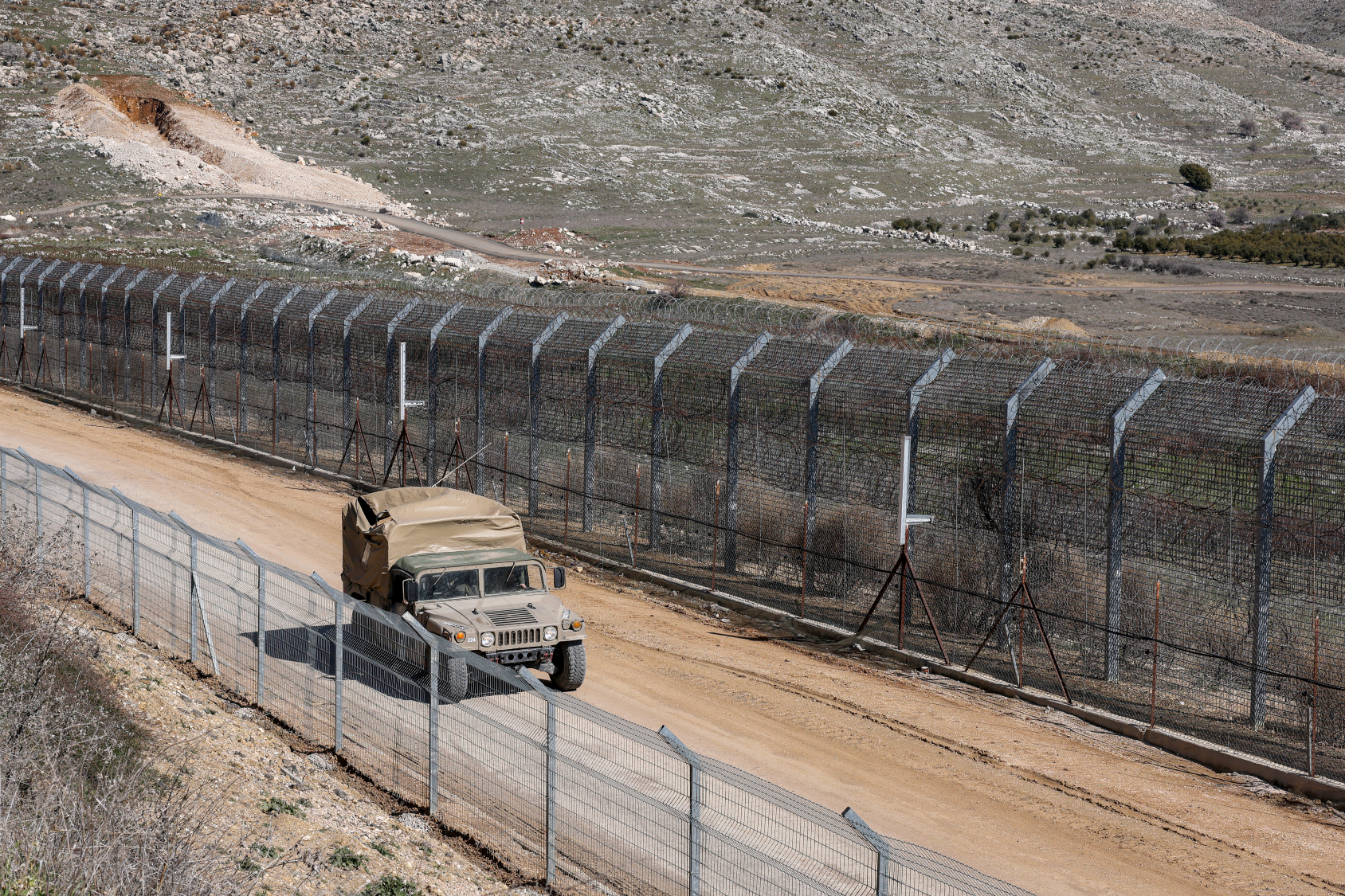 Inside the Israel-Turkey geopolitical dance across Syria
Inside the Israel-Turkey geopolitical dance across SyriaTHE EXPLAINER As Syria struggles in the wake of the Assad regime's collapse, its neighbors are carefully coordinating to avoid potential military confrontations
-
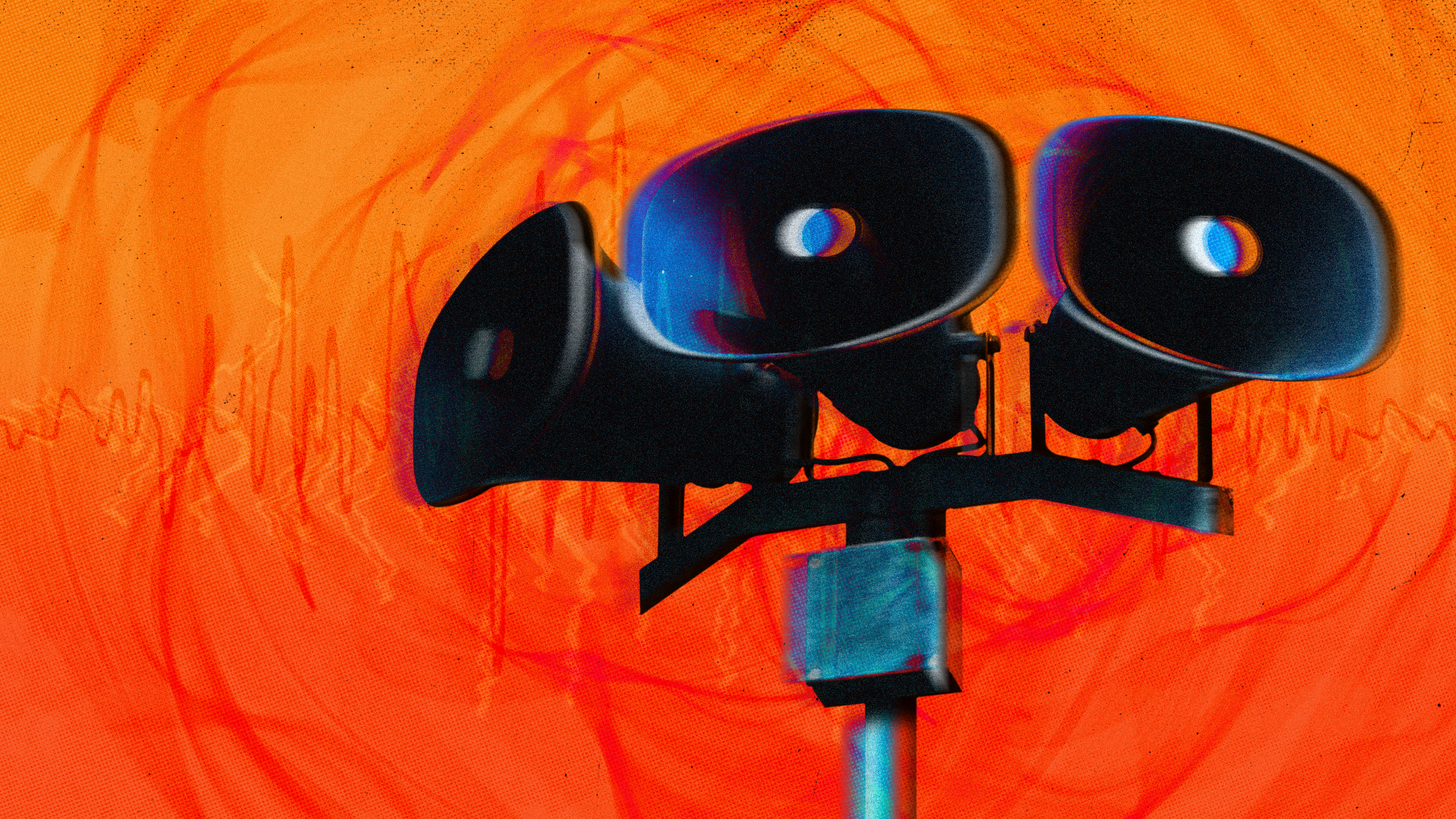 'Like a sound from hell': Serbia and sonic weapons
'Like a sound from hell': Serbia and sonic weaponsThe Explainer Half a million people sign petition alleging Serbian police used an illegal 'sound cannon' to disrupt anti-government protests
-
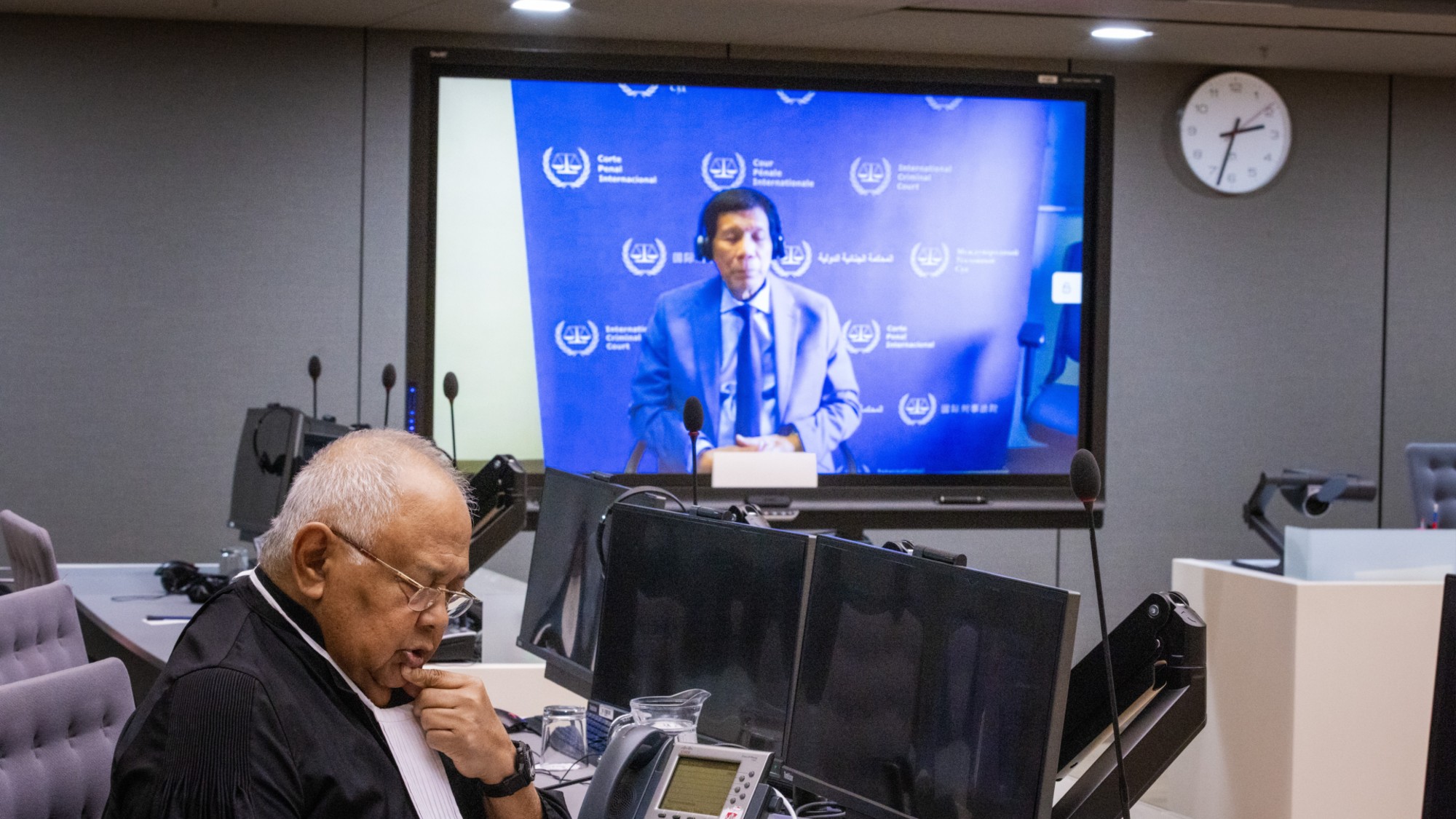 The arrest of the Philippines' former president leaves the country's drug war in disarray
The arrest of the Philippines' former president leaves the country's drug war in disarrayIn the Spotlight Rodrigo Duterte was arrested by the ICC earlier this month
-
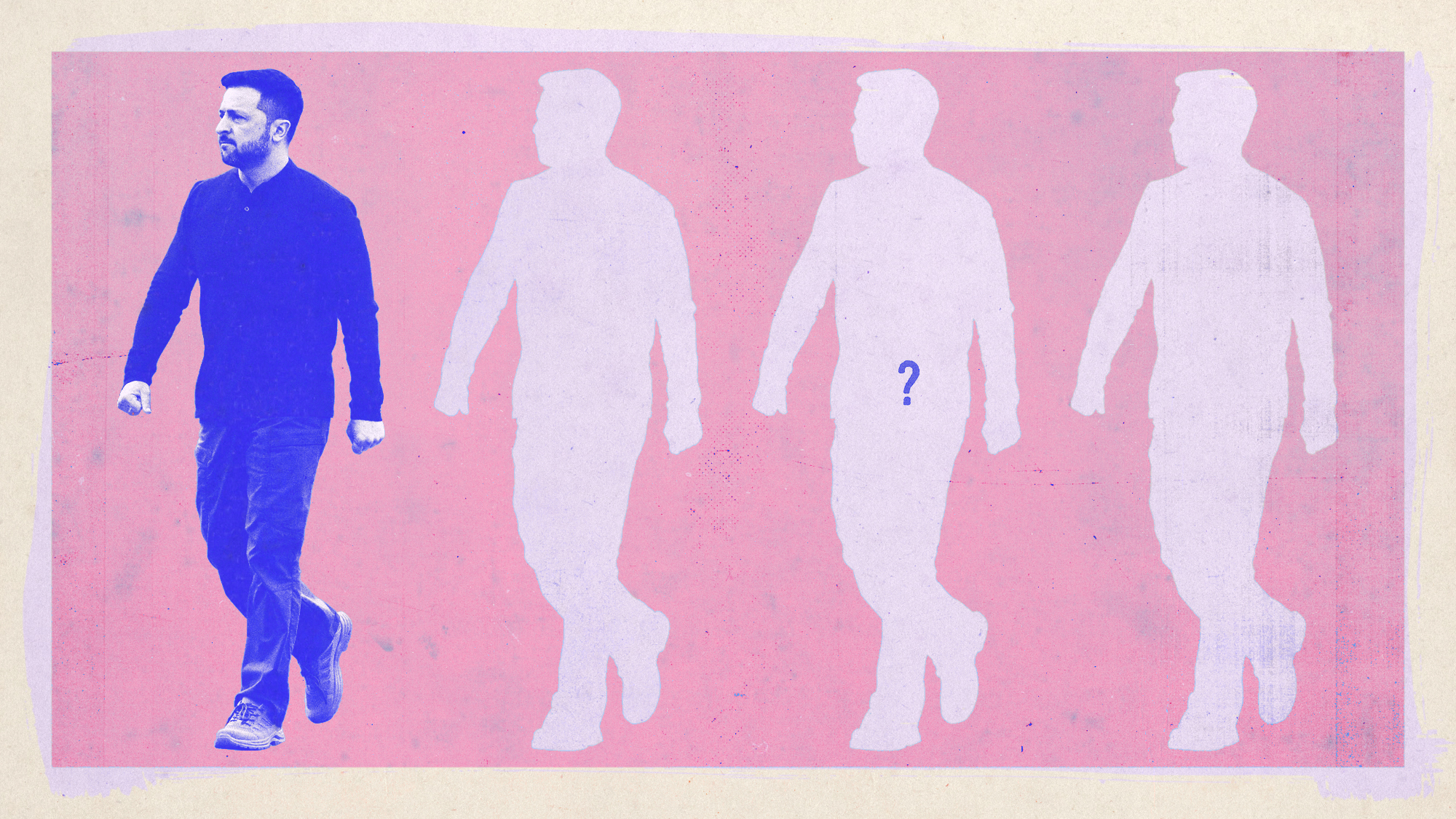 Ukrainian election: who could replace Zelenskyy?
Ukrainian election: who could replace Zelenskyy?The Explainer Donald Trump's 'dictator' jibe raises pressure on Ukraine to the polls while the country is under martial law
-
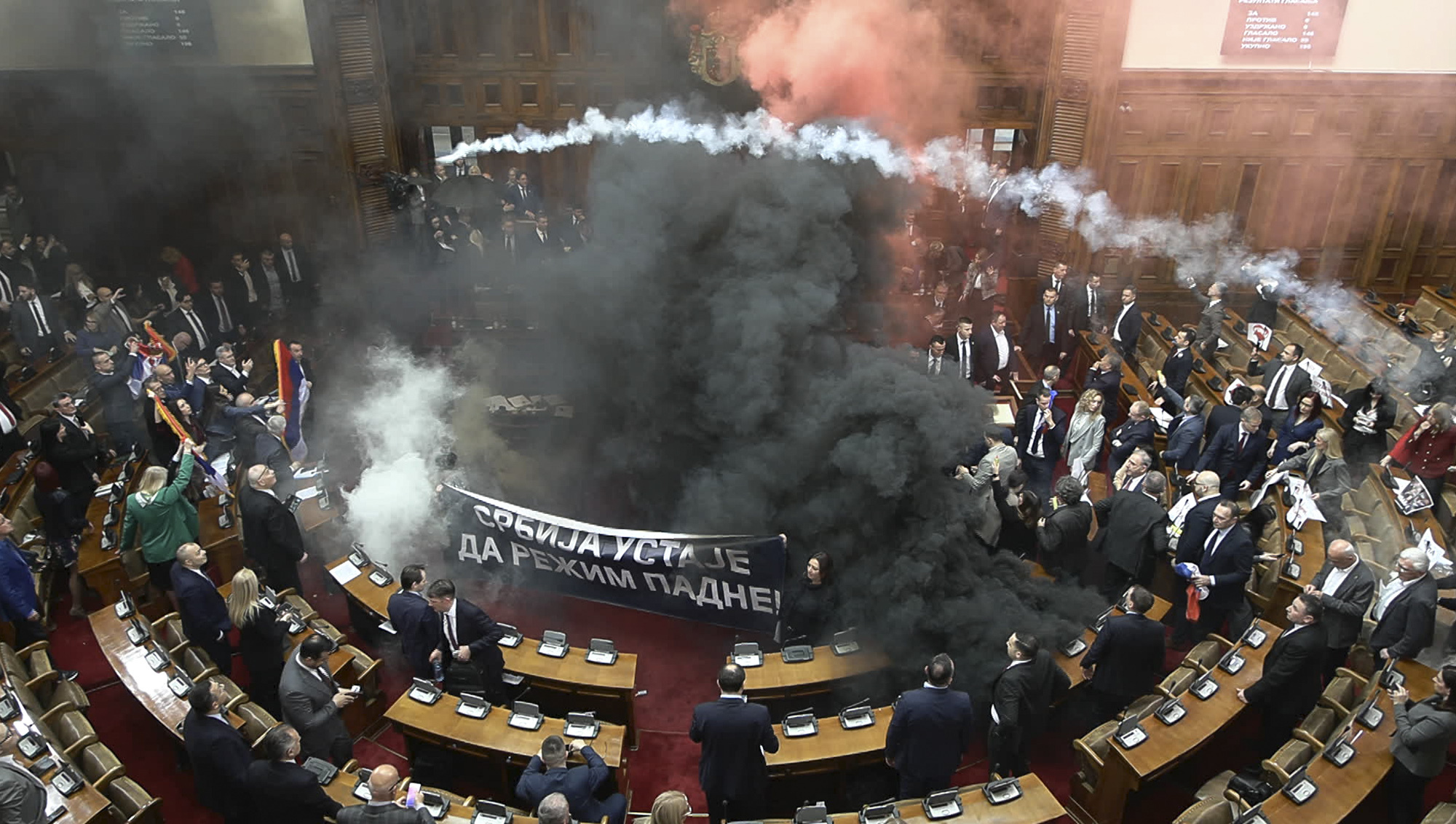 Why Serbian protesters set off smoke bombs in parliament
Why Serbian protesters set off smoke bombs in parliamentTHE EXPLAINER Ongoing anti-corruption protests erupted into full view this week as Serbian protesters threw the country's legislature into chaos
-
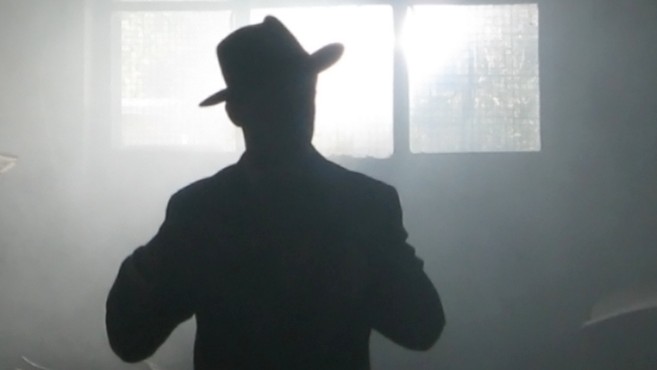 Who is the Hat Man? 'Shadow people' and sleep paralysis
Who is the Hat Man? 'Shadow people' and sleep paralysisIn Depth 'Sleep demons' have plagued our dreams throughout the centuries, but the explanation could be medical


